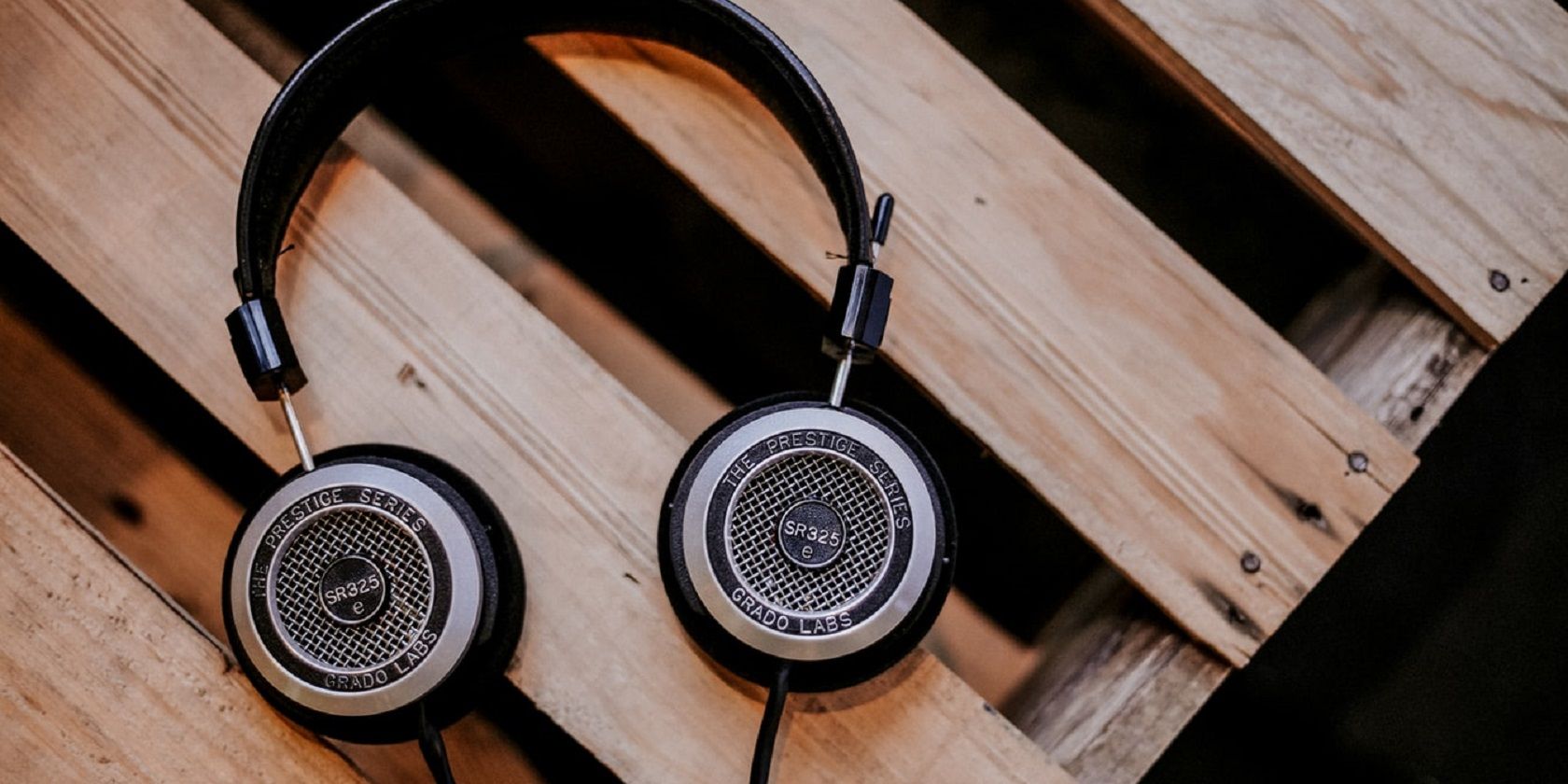Some folks joke about how "no one has the time to read through any privacy policy," but every time you skip past it, you do so at the risk of your own privacy. You never know what data you're permitting a party to access, save, or share.
Audacity has just updated its privacy policy, and users are taking to major social platforms to express their anger and disappointment regarding the change.
Audacity May Collect and Share Your Personal Data
Open-source audio editor Audacity has updated its Desktop Privacy Notice with a new section on the collection and distribution of your personal data. This was first noticed by independent publication FOSS Post, which warned its readers to uninstall the "possible spyware."
According to the Desktop Privacy Notice, the following info may be collected by Audacity for app analytics and improvements:
- Computer's OS name and version
- User country (based on IP address)
- CPU
- Non-fatal error codes and messages (i.e. project failed to open)
- Crash reports in Breakpad MiniDump format
In notably vague phrasing, Audacity also says that it may collect "data necessary for law enforcement, litigation and authorities’ requests (if any)." Put simply, the company is saying that it can, for instance, hand any user data to its state regulators.
All your personal data is stored on our servers in the European Economic Area (EEA). However, we are occasionally required to share your personal data with our main office in Russia and our external counsel in the USA.
Nowhere in the policy does Audacity specify what kind of data it would share, which is especially concerning considering that it can apparently also be shared with "a potential buyer."
It didn't take long for this news to spark mainstream internet discussion. At the time of writing, the phrase "Audacity" is amongst the top ten trends on Twitter in the US, UK, Canada, Sweden, and Puerto Rico (according to the GetDayTrends tracker).
PSA: If you use Audacity, the new owners just updated the terms of service so they can collect data on you, including for very open-ended "legal enforcement"; and then sell it to "potential buyers" all without your consent pic.twitter.com/2a36nAbEnU
— elle (@KrashHash) July 4, 2021
Thankfully, if data privacy is important to you, you can still use Audacity without feeling at risk. Some Twitter users have pointed out that as long as you don't update your update Audacity past version 2.4 or reinstall it entirely, these changes will not affect you.
Audacity Gets Acquired by Muse Group

You might be wondering why Audacity's had a sudden change in tune. After all, for years prior to this incident, Audacity was lauded by many as one of the best free audio editing software currently available. Why would it suddenly release such a controversial update?
Well, it turns out that there are new captains pirating the ship. In early May, MusicTech published an article claiming that newly-established software company Muse Group acquired Audacity in a deal (of which the financial details were never publicly disclosed).
What Is Muse Group?
Muse Group reportedly formed only a few days prior to acquiring Audacity, on April 26, 2021. The company owns open-source notation software MuseScore, as well as guitar tablature site Ultimate Guitar and guitar app Tonebridge (available for iOS and Android).